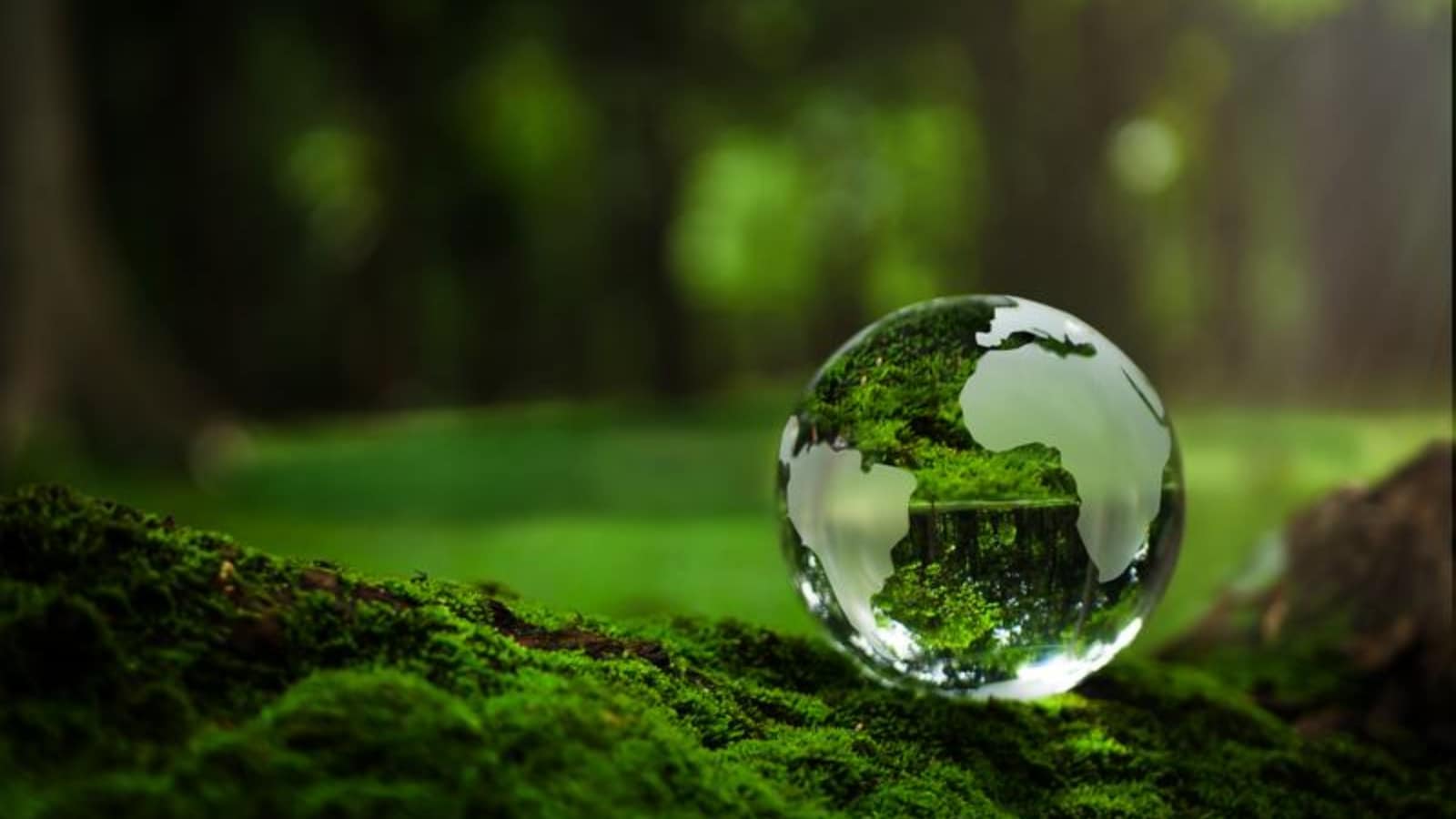In the sweeping history of life on Earth, microbes have always played a foundational role as ecosystem engineers, atmospheric regulators, and engines of biological resilience. These microscopic life forms built the biosphere long before plants and animals evolved. Yet today, in the pursuit of industrial growth and technological advancement, we are steadily erasing them from our planet, often without recognition or alarm.
While the global public mourns the loss of elephants, rhinos, or coral reefs, a far more widespread and silent extinction is occurring in soils, oceans, forests, and even within our own bodies. Microbial ecosystems are under siege from pollution, habitat destruction, excessive chemical use, climate extremes, and monoculture farming. This is not merely a loss of biodiversity; it is the weakening of Earth鈥檚 life-support infrastructure.
When microbial networks collapse, the consequences cascade through every major system. Soil microbes, for example, play critical roles in nutrient cycling, carbon sequestration, and plant health. Yet intensive agriculture has led to dramatic declines in microbial diversity and function, undermining soil fertility and climate stability. The United Nations Convention to Combat Desertification (UNCCD, 2017) estimates that soil degradation, heavily driven by microbial decline, incurs global economic losses of over Rs 33.2 lakh crore annually.
Marine microbial life is equally indispensable. Ocean microbes generate around 50% of Earth鈥檚 oxygen and support the entire marine food web. However, ocean warming and acidification are destabilising these systems, threatening both biodiversity and food security. Meanwhile, in the human body, disruptions to gut microbiota caused by antibiotics, poor diets, and excessive hygiene are increasingly linked to allergies, autoimmune diseases, obesity, and mental health disorders.
Despite their fundamental importance, microbes remain almost entirely excluded from global conservation frameworks. The International Union for Conservation of Nature (IUCN) Red List does not currently include microbial species. The Convention on Biological Diversity (CBD) offers limited recognition of microbial habitats. A recent call to action from the International Union of Microbiological Societies (2025) highlights that microbial systems are essential to achieving sustainability, resilience, and innovation, yet continue to be overlooked in biodiversity and climate strategies.
To address this blind spot, the global community must adopt a comprehensive microbial conservation framework. This should begin with the creation of a Microbial Red List to identify and monitor threatened microbial taxa and critical ecological functions. Alongside this, it is essential to develop baseline microbiome datasets for key ecosystems, including soils, oceans, and the human body, to track changes over time.
Microbial indicators must be integrated into climate action, public health strategies, and biodiversity policies, ensuring that microbes are no longer invisible in global decision-making. In addition, we need legal frameworks to safeguard microbial resources and ensure fair access to microbial genetic heritage. Finally, significantly increased investment is required in microbial observatories, DNA biobanks, and public education efforts to build awareness and capacity for protecting the planet鈥檚 smallest yet most vital life forms.
The stakes are enormous. Microbial life underpins:
Climate resilience, through carbon and methane regulation
Sustainable agriculture, via nutrient cycling and soil health
Public health, through immune system development and disease prevention
Biotechnological breakthroughs, from antibiotics to bioenergy solutions
The extinction of microbial diversity may be silent and invisible, but it is no less real, and no less irreversible.
If we fail to act, we risk being the generation that ignored the smallest forms of life and, with them, forfeited the greatest opportunities for healing our planet.
The writer is Joint Director, Policy Support Research, ICAR-National Institute of Biotic Stress Management (NIBSM), Raipur. Views expressed in the above piece are personal and solely those of the author. They do not necessarily reflect News18鈥檚 views.
